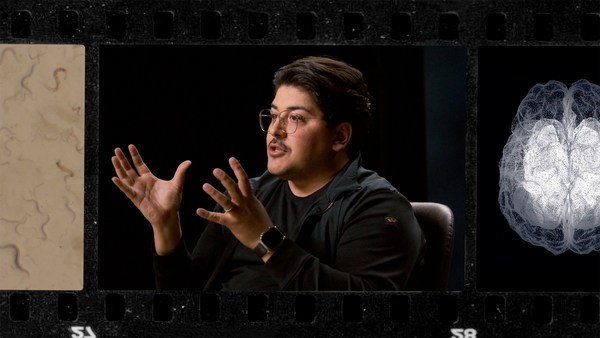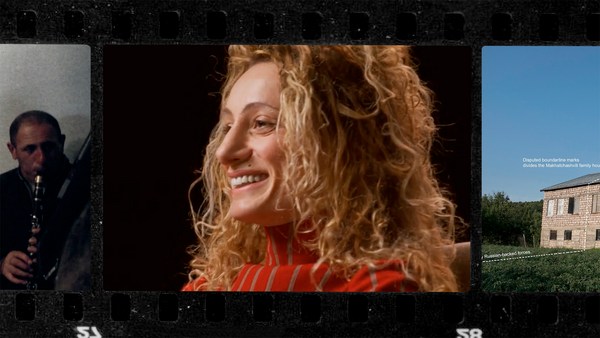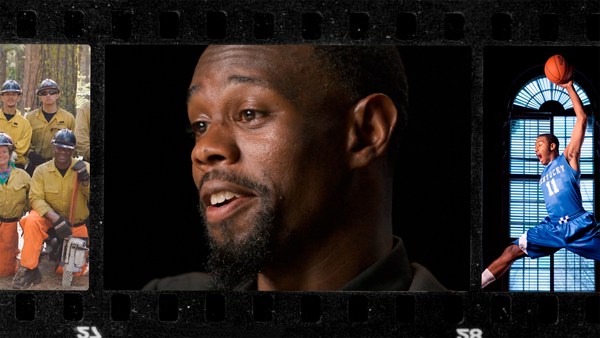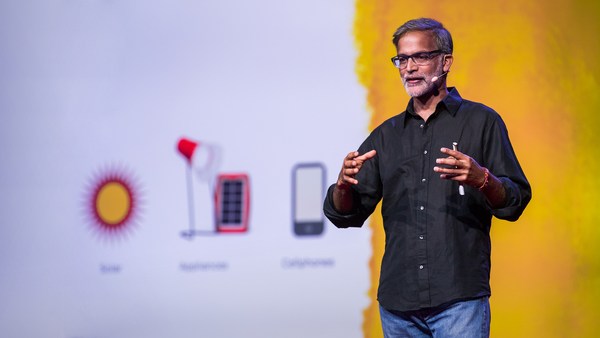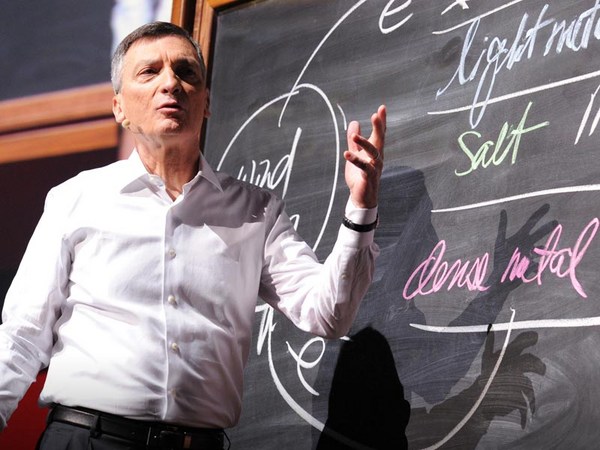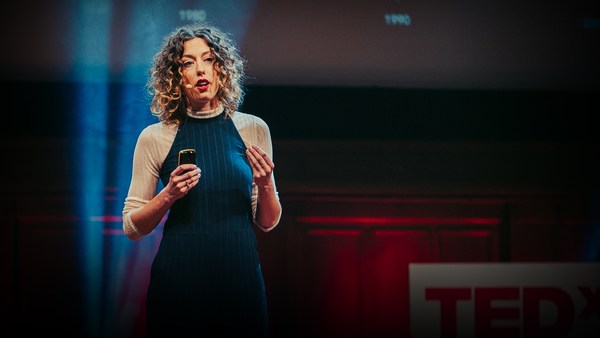Frequent blackouts are pretty common in Kenya. It's quite common in towns like Makindu that are 100, 200 kilometers away from the capital. When I moved there, we'd have several blackouts, whether it’s several times a day or even several times a week or even weeklong blackouts, that just made it really difficult to do some things that I thought were basic. As a mom, I thought, I'm going to pump a lot of milk and store it. I'll just rush to the clinic and get the vaccine, but that wasn't really a guarantee in Makindu.
My name is Norah Magero. I am an engineer, a mechanical engineer, and I run a company called Drop Access. We manufacture solar-powered refrigerators and cold-chain technologies that are used within the health care sector.
There has been quite a number of people who've come up with alternatives for access to power. There's the private sector players, like companies that are able to fundraise abroad for causes within the African continent. They build the case, they get the financing, then they bring the solutions to these communities. But the thing about these solutions is that they're not all that entirely reliable. These solutions are provided by 90 percent foreigners. These foreigners possibly get their information from online sources and some documented research work.
Interviewer: How do you do your research?
NM: I do my research by literally going to the communities to find out what's the actual problem. And I do it this way because I had the rude awakening that the research work that is published out there, even from some reputable organizations, are actually not accurate. And it's guiding solutions that are coming into the continent, and we're getting it all wrong. I've seen a lot of technologies and solutions coming into the Kenyan ecosystem that don't really respect the culture. That does not take time to understand what the people really want. So I immerse myself into that community to find out, like, what’s the actual problem, and what do people want?
So I started dealing with farmers, I started dealing with communities and homes, and I discovered that there was demand for cold-chain solutions, solar-powered cold-chain solution. So working with farmers, having my own experience with not finding vaccines for my child really just gave me the push to think of bringing in solar refrigeration that can be used in the healthcare sector.
Refrigeration is not something really new. It's not something complex. You know, I understand refrigerator as an engineer. And I thought, I need to get down as an engineer and design something that fixes all these things. And that's just how VacciBox came to be.
We built a lot of things from scratch, and we built it over a lot of challenges and difficulties, and I just kept on pushing at it, kept on talking about it, insisting that we are going to manufacture this in Kenya, when everybody else was like go manufacture it in China. You know, China has already figured it out, but why are you doing it here, we don't do this here. Because most of our technologies actually do come from abroad, and there is a perception that when it's built in Kenya, it won't perform as the ones that are being brought in from abroad. And I try to tell them, hey, we need to do this here so that we get to figure out how does it serve the Maasai communities or communities in Makindu or the communities in western Kenya. And also, how does it adhere to the layers of what our communities want? And I think all that is hard to put into perspective. Hence, that's why people find it crazy that I do this in Kenya.
But then I got into this journey of designing, building VacciBox and demonstrating to the world, like, look, we store vaccines. These vaccines did not spoil. And actually, this child who was vaccinated, is alive and well, and it wasn't compromised in any way.
I've seen a lot of foreign start-ups who are coming into Kenya to found companies to build a name for themselves and to have this pride that: “I went into the African continent, I went into Kenya, and fixed their problem.” I'm bothered by that. I want Africa to develop its own technologies. I want Africa to have its own manufacturing ecosystem because it creates jobs. There are a lot of compounding impacts with manufacturing. Our communities are so deeply layered and cultured. Moral engineering intertwines all technology with these layers of our community and respects it and thinks of the people first and what their culture says and what they want, or what works well for them.
We should no longer be considered as the lesser continent. So much of the rest of the world thinks that Africa should only consume, and that's what we are accustomed to. But what if we switch the narrative a bit and have technology being imported from Africa to the world. We should be on the equal playing field when it comes to engineering and manufacturing and economies and creating jobs for people. That's the Africa, to me, that I want to see.
